Dopamine housework – the genius productivity hack that will help you clean your house (and enjoy it)
Use this happy hormone to trick your brain into doing household chores

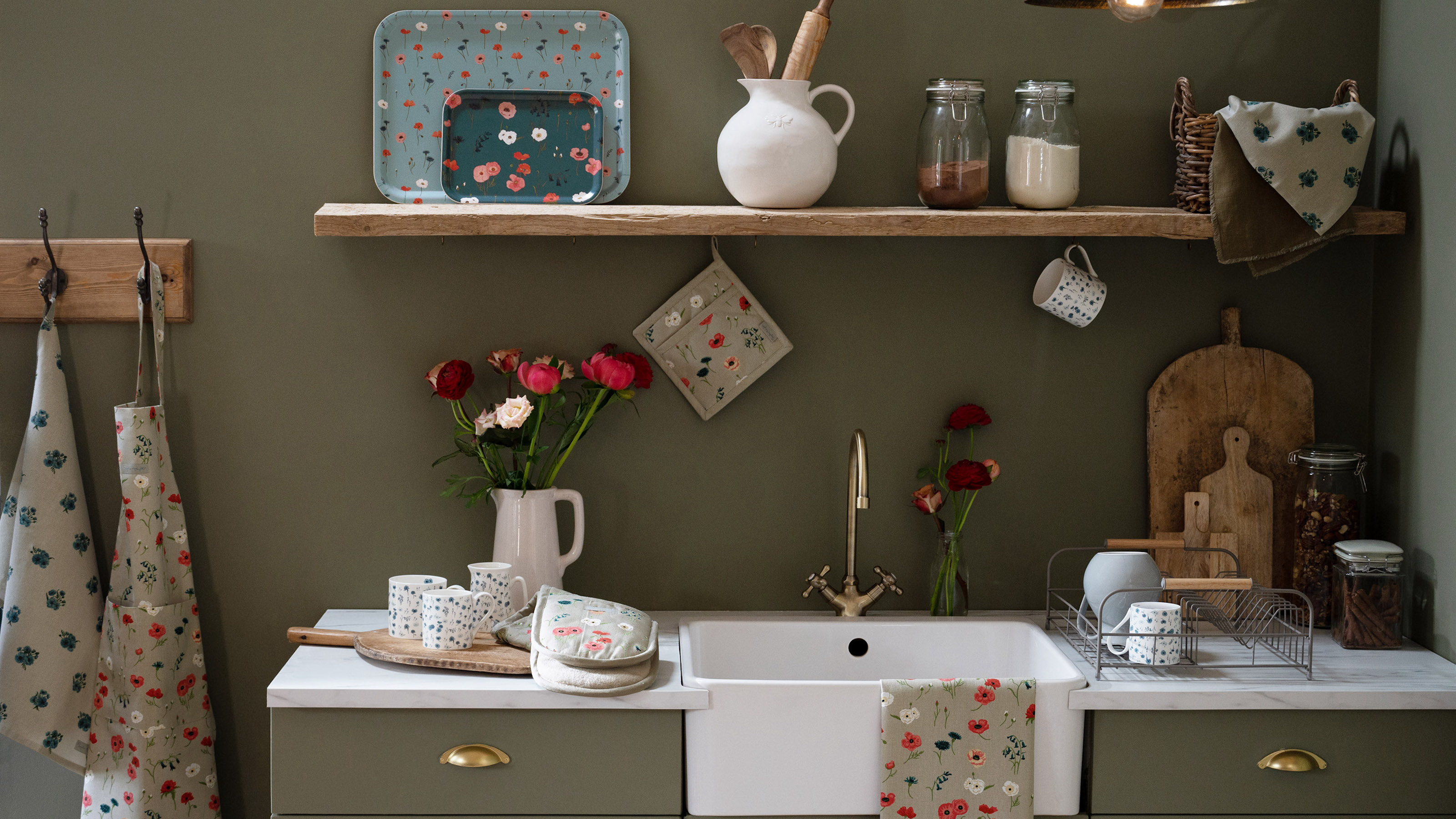

Sign up to our newsletter for style inspiration, real homes, project and garden advice and shopping know-how
You are now subscribed
Your newsletter sign-up was successful
We’ve heard about dopamine dressing and dopamine decor – feelgood styling using scientifically proven happy colours to help lift our mood, whether that’s in what we wear or how we decorate our home.
But dopamine chores and cleaning? Believe us, it’s a thing.
Dopamine housework doesn’t involve colour psychology and comforting textures but it does harness the power of this motivating and uplifting hormone by hacking the 'dopamine reward system' to help power us through chores. When we tick a task off our to-do list, the brain releases dopamine in response and we get a feel-good boost that motivates us to carry on the good work.
Dopamine housework - how it works
‘The brain’s reward system works by releasing a chemical called dopamine – sometimes known as the happiness hormone – when you anticipate or receive rewards,’ explains psychotherapist and professional organiser, Helen Sanderson.
‘This reinforces behaviours associated with that pleasure, meaning you are more motivated to repeat them to get that nice feeling. Making use of this process is a great way to aid motivation and promote action to get things done.’
Housework can feel like a chore that we either resent or rebel against. But using the dopamine system will instead help us associate it with positive feelings and rewards. We spoke to experts to find out how it works.
1. Don’t wait for motivation to strike
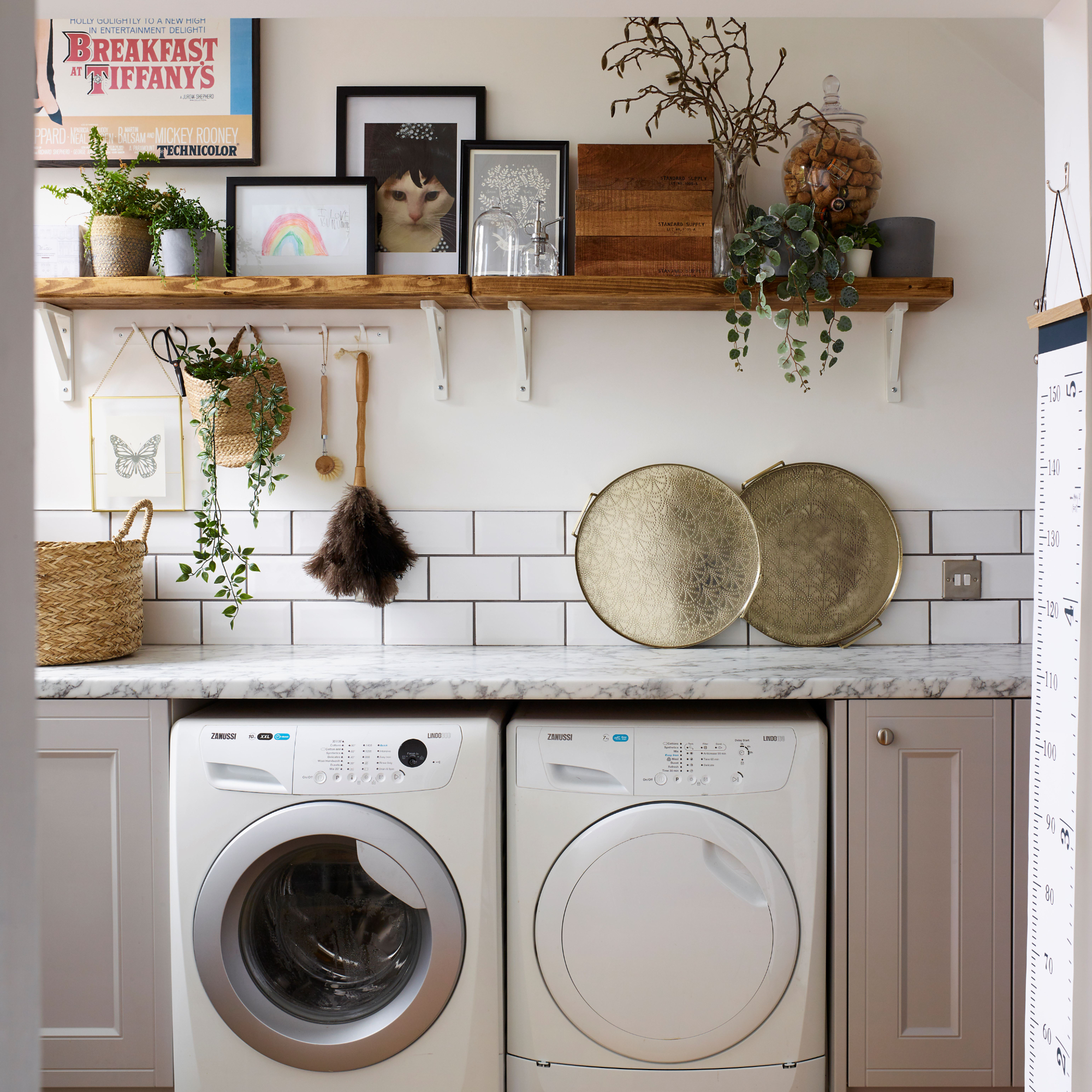
You might feel motivated to curl up with a cup of tea and some biscuits, but to clean the bathroom? Probably not so much.
Sign up to our newsletter for style inspiration, real homes, project and garden advice and shopping know-how
‘Waiting for motivation is basically saying it’s never going to happen,’ claims change and motivation expert, Mel Robbins. Instead, we need to take action, and dopamine can help us to do that.
‘Dopamine is tied to cravings and things that you want; it’s present to drive you towards things that you crave,’ explains Mel. ‘In the context of motivation, dopamine plays a role in the reward system in your mind. So you must remind yourself of why this matters to you.’
Maybe you want a clean house so you can relax at the weekend, because your parents are visiting, or to create a comfortable and healthy home for your family. When you know your why, your brain will be primed to release dopamine when you’ve achieved it.
2. Visualise the end result
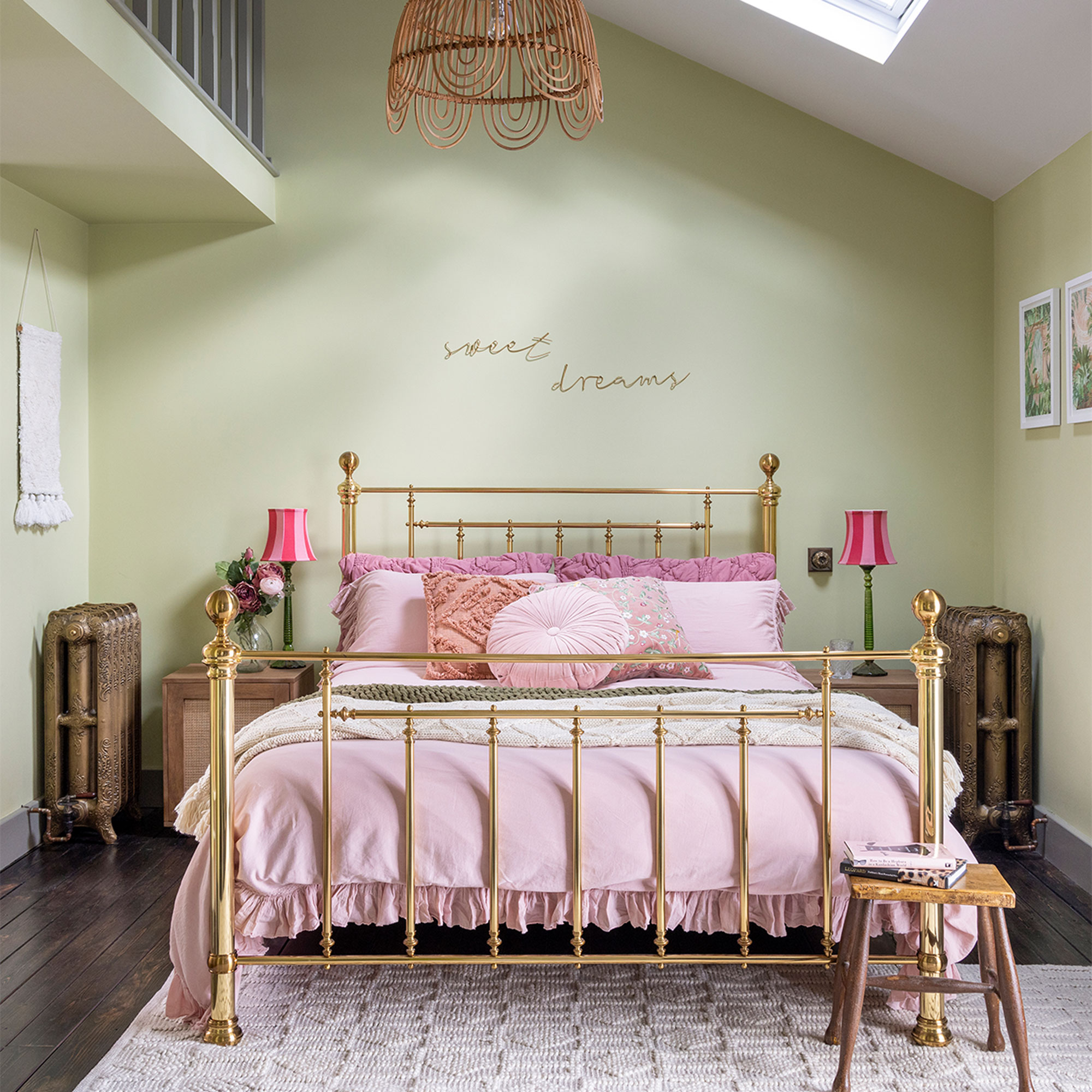
Like finding your why, creating a compelling vision of the result you want can help drive you to achieve your desired outcome – and get the dopamine reward when you get there.
‘Imagine how satisfying it will be to see your home clean and organised, perhaps creating a pinboard or collage to inspire you,’ says psychotherapist and professional organiser, Helen Sanderson.
For moral support and a shared sense of accomplishment, Helen also suggests involving others in the goals and the tasks that need to be done to get there.
‘Working alongside family members or housemates in the cleaning process can create a sense of teamwork and achievement, enhancing the overall positive experience,’ she says.

Helen is a psychotherapist, interior designer and one of the UK’s most well-respected clutter experts, appearing regularly on TV, radio and podcasts. She's the author of The Secret Life of Clutter.
3. Break down the task into a series of mini milestones
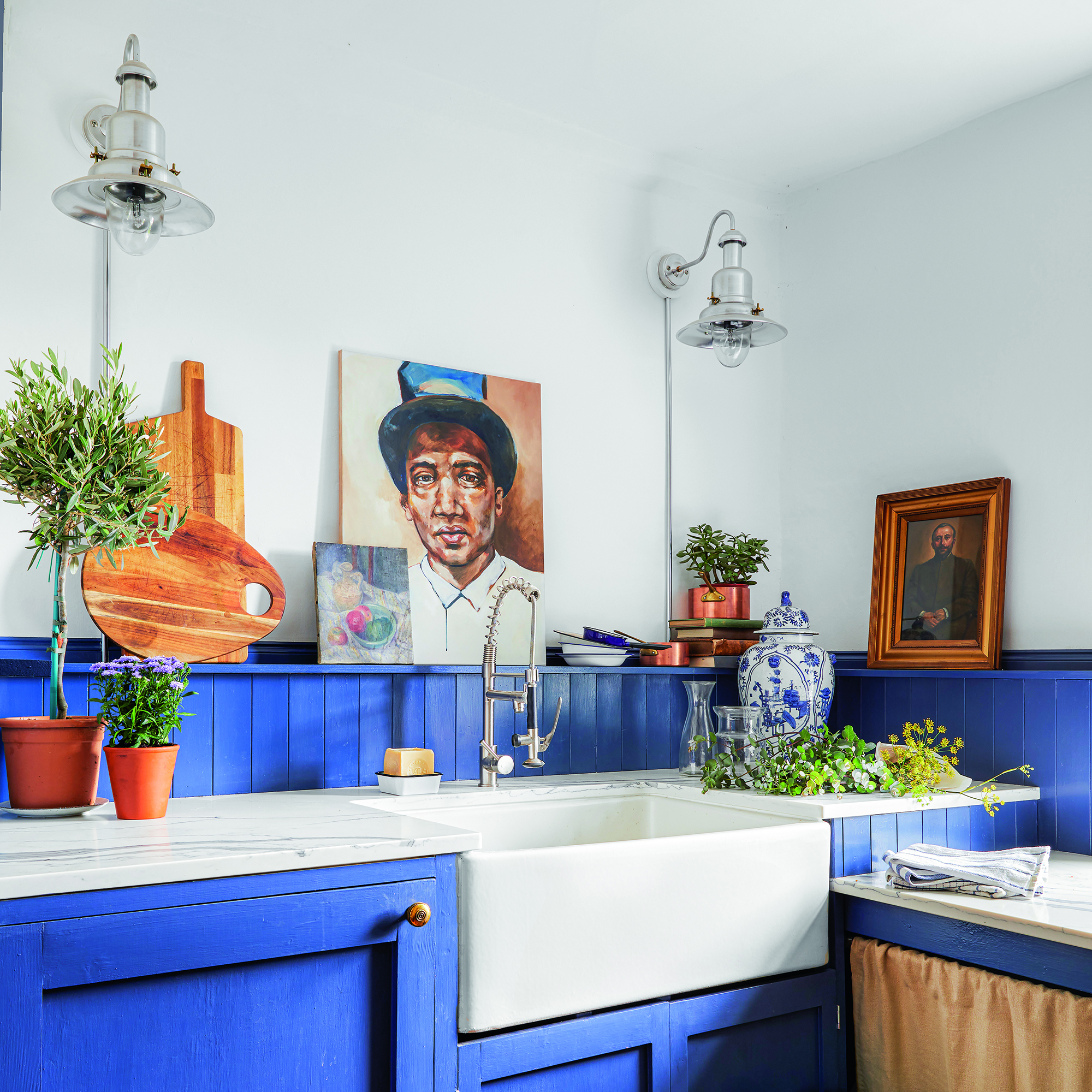
Having a sense of what you want to achieve is great, whether it’s getting on top of the laundry that feels like it’s never finished or organising your kitchen. But having a big goal can make chores feel overwhelming.
The solution, says mindset mentor Rob Dial, is to break down any chore into a series of steps. ‘Unfinished tasks create a sense of mental discomfort, and it’s this discomfort that drives us to complete them,’ he explains. By making each task small enough to be achievable, rather than overwhelming, we stop procrastinating over chores, and activate the dopamine reward system instead.
‘The shorter and more manageable the task, the easier it is to complete it,’ he says. ‘Each time you cross something off your to-do list, it gives you a sense of accomplishment, and it releases dopamine, which is the chemical of motivation. And when your brain gets dopamine, it wants more of it, so it gets momentum on your side.
What could this look like in practice? Instead of thinking, ‘I need to sweep and wash the kitchen floor’, you’d break it down into mini tasks. For example, take the dustpan and brush out of the cupboard. Sweep the floor. Empty the dust into the bin. Fill a bucket with hot soapy water. Mop the floor. Rinse the mop. Empty the bucket. You get the picture…
What’s important is that you acknowledge the achievement after each mini-chore, so that your brain releases dopamine and you feel motivated to take the next step.
4. Use a timer to motivate you

Another way to get a sense of accomplishment is to set a timer and complete as much of a task as you can before it goes off.
‘The best way to use this is to use the Pomodoro Technique, which is setting a timer for 25 minutes, having a five-minute break, then doing it again,’ says mindset mentor Rob Dial. Focusing on a tidying task while knowing there’s a time limit can make it feel more manageable.
‘Reflect on your progress and celebrate the small wins,’ says Rob, ‘which will release tension and encourage you to start the next task.’
5. Track your progress to trigger dopamine
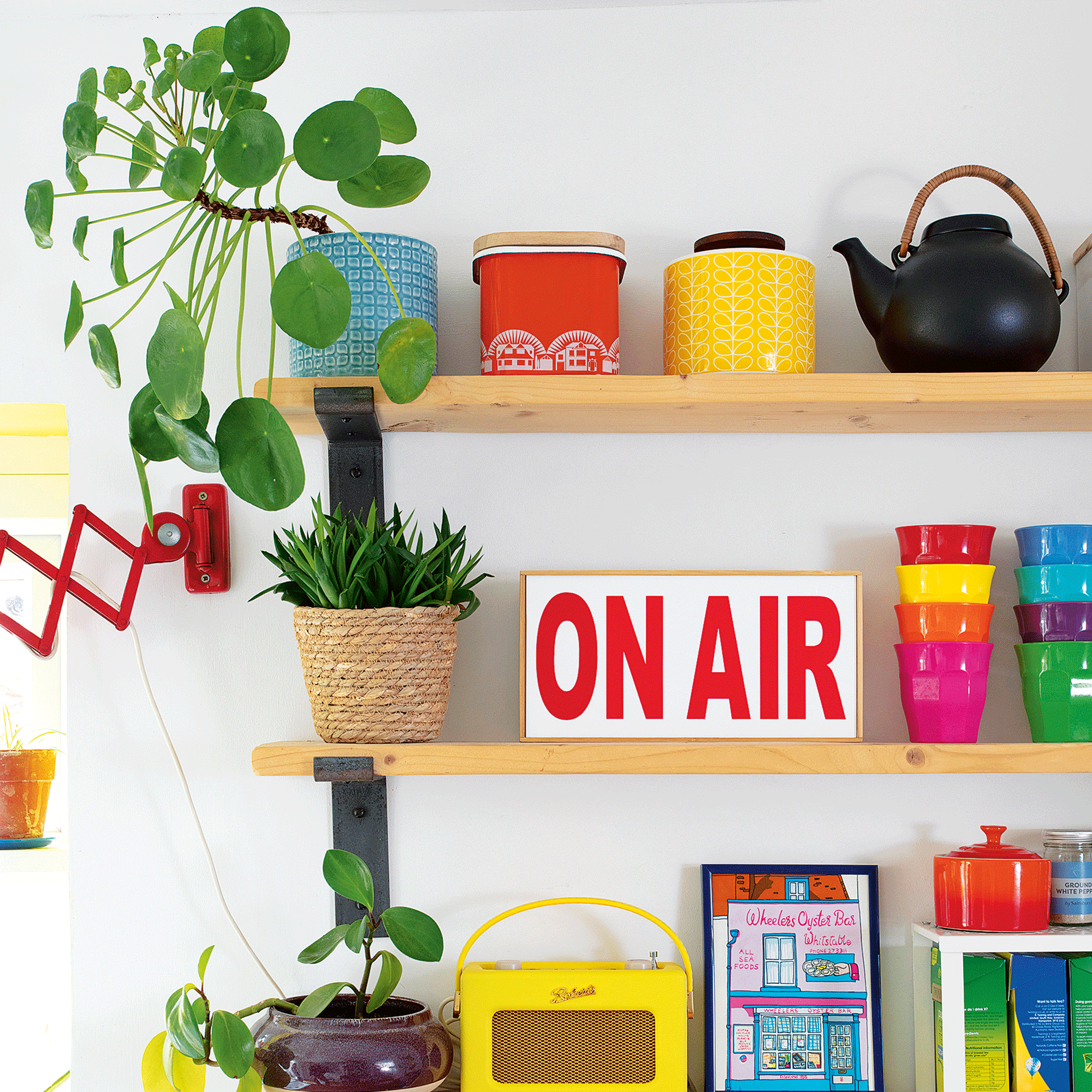
Dopamine housework uses a feeling of achievement to trigger the release of this happy hormone, so you need to keep track of what you’ve done to get the best results.
‘Create a reward system and treat yourself after completing each task,’ suggests Helen Sanderson. ‘Listening to your favourite music, dancing and making it fun as you work can also boost dopamine.
‘Use a checklist or task-tracking app to monitor your progress,’ Helen continues. ‘Simply ticking or crossing items off a list provides a sense of achievement and can trigger dopamine release. Tell yourself, ‘ I’ve got this!’
Ultimately, everyone is motivated in different ways, so experiment with various strategies and find what works best for you to create a positive association with housework. You’ve got this!

Andrea began her journalism career at Ideal Home and is currently Editor of our sister title, Country Homes & Interiors, which celebrates modern country style. Andrea is passionate about colour and how it can transform both our homes and our sense of wellbeing, and has completed The Power of Colour course with the prestigious KLC School of Design. Andrea's career spans interiors magazines, women's lifestyle titles and newspapers. After her first job at Ideal Home, she moved on to women's magazines, Options and Frank. From there it was on to the launch of Red magazine, where she stayed for 10 years and became Assistant Editor. She then shifted into freelancing, and spent 14 years writing for everyone from The Telegraph to The Sunday Times, Livingetc, Stylist and Woman & Home. She was then offered the job as Editor of Country Homes & Interiors, and now combines that role with writing for idealhome.co.uk.